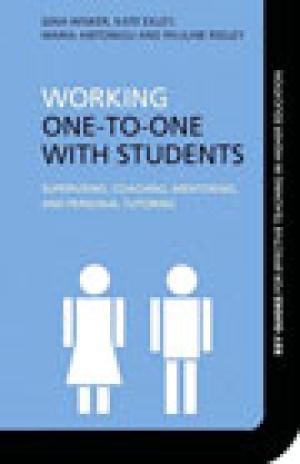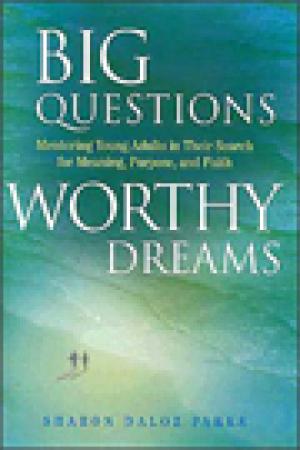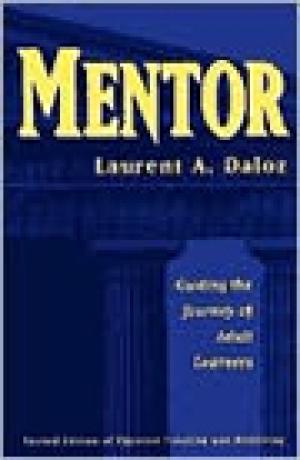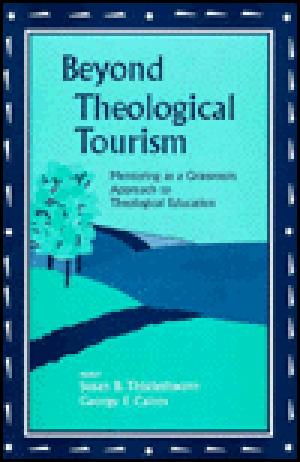Resources

Working One-to-One with Students is written for Higher Education academics, adjuncts, teaching assistants and research students who are looking for guidance inside and outside the classroom. This book is a jargon-free, practical guide to improving one-to-one teaching, covering a wide range of teaching contexts, including mentoring students and staff, supervising dissertations and how to approach informal meetings outside of lectures. Written in an engaging, accessible style and grounded in experience, this book offers a combination of practical advice backed by relevant learning theory. Featuring a wealth of case studies and useful resources, the book covers areas including: º Supporting students º Encouraging independent learning Mentoring coaching and personal tutoring º Developing peer groups and buddying programmes º Dealing with diversity, difficult students and ethical dilemmas º Supervising the undergraduate dissertation º Supervising postgraduates in the arts, social sciences and sciences. This book is a short, snappy, practical guide that covers this key element of a lecturer's work. In the spirit of the series (KEY GUIDES FOR EFFECTIVE TEACHING in HIGHER EDUCATION) this book covers relevant theory that effectively informs practice. (From the Publisher)
This article explores a variety of personal and professional boundary issues encountered by seminary faculty. The authors contend that boundary crossing is inevitable in contemporary theological education, which is structured such that professors engage in multiple roles with students as they attend to the education of the whole person. Guidelines are reviewed for minimizing risk to students and professors. Topics include life as a community member, student-faculty friendship, and romantic relationships. Attention to work/life balance is seen as critical to the prevention of misconduct. The article ends with a call for continued conversation as well as institutional accountability and change.
The paper explores the impact of the change in populations, the impact of electronic communication, and the multiplicity of methodological approaches on the ethos and practices of biblical studies. It proposes a rhetorical emancipatory educational paradigm and explores its possibilities for the professional education of biblical scholars on the doctoral level. Since both college and seminary teachers are shaped in and through their doctoral studies, it is necessary to focus on doctoral education in order to address the growing recognition that the discipline of biblical studies in its present form needs to cultivate transformative intellectuals who are not only at home in the academy but also can critically intervene in the public discourses and uses of the Bible in religious communities, democratic publics, or global inter-religious relations.
In this essay, I explore "narcissistic pedagogy," a pedagogy that centers disproportionately on the needs of the teacher – especially the need for admiration. I engage psychological discussions of narcissistic patterns, and I retell the ancient myth of Narcissus. The core of narcissistic pedagogy is that the teacher experiences students not as centers of their own activity but as part of the teacher's self. All educational situations are vulnerable to narcissistic dynamics, and I will consider strongly narcissistic pedagogy as well as milder narcissistic dangers. I will, additionally, explore healthy narcissism. I pose "conversational education" as an alternative to narcissistic patterns.
This article revisits the pedagogical dilemma of maintaining neutrality in the religious studies/theology classroom. I argue that if the boundary between teaching about religion and actually teaching spirituality seems to be vanishing, it is because the boundary was inappropriately constructed in the first place. To the extent that the religious concepts, even when compressed into religious studies categories, inherently inspire personal transformation, how can a boundary exist between the ideas students encounter and the power of those ideas to transform? Spiritual guidance emerges naturally in the academic study of religion, and those of us who teach in the field might as well get used to it. In explaining my position, I draw on my experience as a teaching assistant in Professor Walter Capps's course, "Religion and the Impact of the Vietnam War." I, then, develop a pragmatic teaching strategy, neutral enthusiasm, which preserves the important neutrality of classroom presentation in religious studies courses, yet recognizes the unavoidable evocative power present in the intellectual territory that is religion. Neutral enthusiasm allows the content to do the work.

A smart, compassionate look at the important and often bewildering questions young adults face in their search for purpose, meaning and faith, and a clarion call to concerned adults to actively mentor the next generation. (From the Publisher)

Drawing on the myth of Mentor as companion and advisor to Odysseus, preeminent educational mentoring expert Laurent A. Daloz uses the metaphor of the mythic journey as a way of making sense of life's changes. He looks closely at what good teachers and mentors actually do, and inspires post-secondary educators to think of their work in fresh new ways. This classic, beautifully written work has been newly updated and is available for the first time in paperback. (From the Publisher)

This volume in the New Directions for Teaching and Learning Series offers faculty writings on academic advising as a form of teaching. The issue examines several facets of advising including the university's role in supporting advising as an educational tool, faculty advisors as mentors, the relationship between advising and student assessment, and suggestions for faculty who want to improve their mastery of advising. Advising in specific academic areas such as humanities, sciences, and social sciences are included. Also, the volume includes a discussion of the unique advising needs of specialized student groups such as honor students, first year students, and members of ethnic or cultural minorities. (From the Publisher)

Since the early days of liberation theology, Northern Hemisphere theological education has used the phrase "solidarity with the oppressed" to denote the religiously and morally appropriate response to situations of violence and oppression. Yet efforts to inculcate solidarity of heart and mind often devolve into a kind of "theological tourism" wherein professors and students visit oppressed communities without truly participating as subjects in the subjectivity of the marginalized. Beyond Theological Tourism shows how one group of theological teacher-mentors and students attempt to overcome the limits of visits as "tourists of the revolution" to exotic locations. Starting from the challenge of Robert Evans of the Plowshares Institute, a group of Chicago-based Christians struggled with new modes of education for prospective ministers. (From the Publisher)